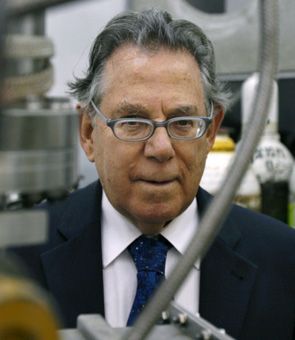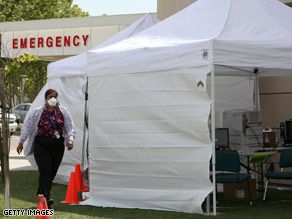Apr 25, 2011
On the Problem of Modern Portfolio Theory: In Search of a Timeless & Universal Investment Perspective
Posted by Matt Funk in categories: complex systems, economics, existential risks, finance, human trajectories, lifeboat, philosophy, policy, sustainability
Dear Lifeboat Foundation Family & Friends,
A few months back, my Aunt Charlotte wrote, wondering why I — a relentless searcher focused upon human evolution and long-term human survival strategy, had chosen to pursue a PhD in economics (Banking & Finance). I recently replied that, as it turns out, sound economic theory and global financial stability both play central roles in the quest for long-term human survival. In the fifth and final chapter of my recent Masters thesis, On the Problem of Sustainable Economic Development: A Game-Theoretical Solution, I argued (with considerable passion) that much of the blame for the economic crisis of 2008 (which is, essentially still upon us) may be attributed the adoption of Keynesian economics and the dismissal of the powerful counter-arguments tabled by his great rival, F.A. von Hayek. Despite the fact that they remained friends all the way until the very end, their theories are diametrically opposed at nearly every point. There was, however, at least one central point they agreed upon — indeed, Hayek was fond of quoting one of Keynes’ most famous maxims: “The ideas of economists and political philosophers, both when they are right and when they are wrong, are more powerful than is commonly understood. Indeed the world is ruled by little else” [1].
And, with this nontrivial problem and and the great Hayek vs. Keynes debate in mind, I’ll offer a preview-by-way-of-prelude with this invitation to turn a few pages of On the Problem of Modern Portfolio Theory: In Search of a Timeless & Universal Investment Perspective:
It is perhaps significant that Keynes hated to be addressed as “professor” (he never had that title). He was not primarily a scholar. He was a great amateur in many fields of knowledge and the arts; he had all the gifts of a great politician and a political pamphleteer; and he knew that “the ideas of economists and political philosophers, both when they are right and when they are wrong, are more powerful than is generally understood. Indeed the world is ruled by little else” [1]. And as he had a mind capable of recasting, in the intervals of his other occupations, the body of current economic theory, he more than any of his compeers had come to affect current thought. Whether it was he who was right or wrong, only the future will show. There are some who fear that if Lenin’s statement is correct that the best way to destroy the capitalist system is to debauch the currency, of which Keynes himself has reminded us [1], it will be largely due to Keynes’s influence if this prescription is followed.…









